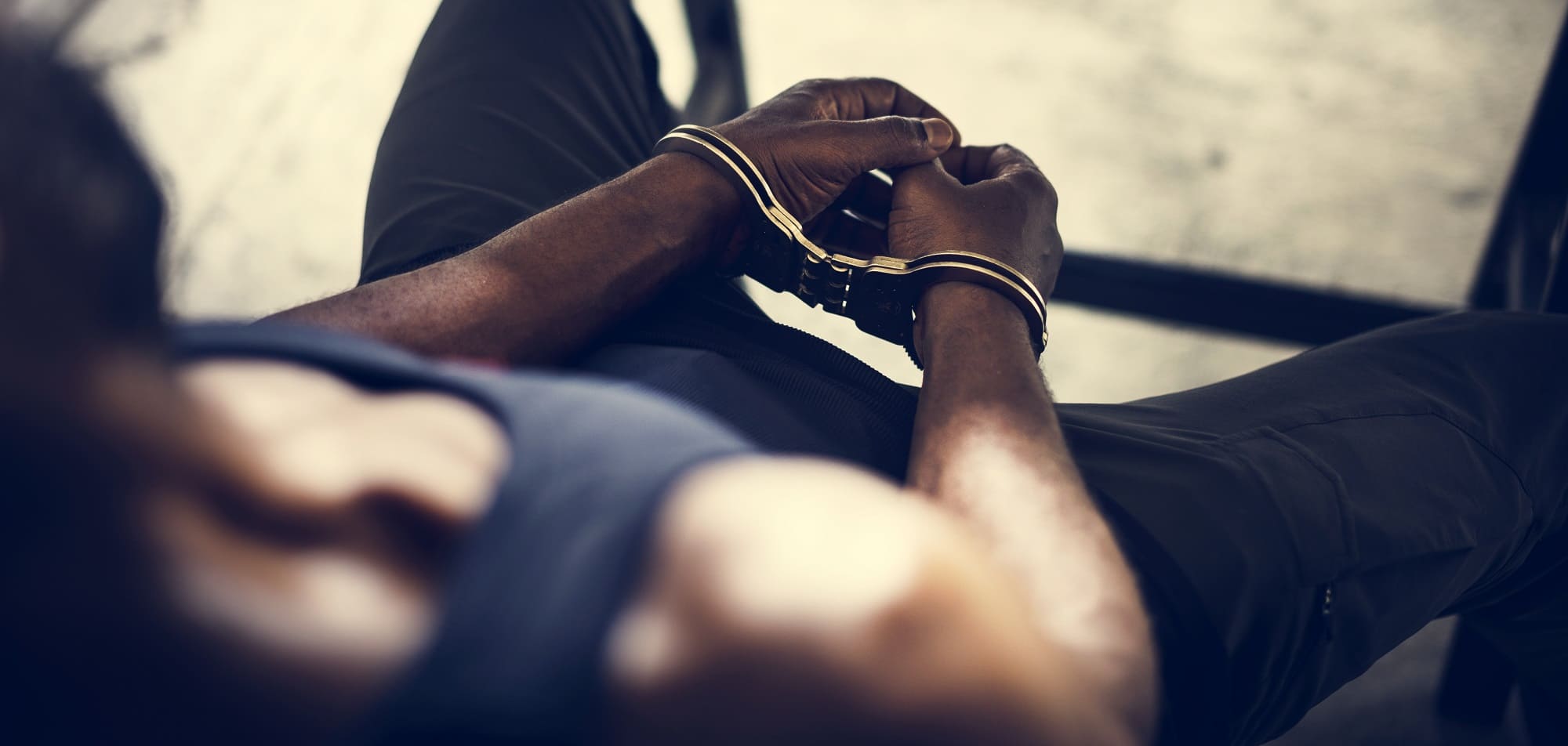On occasion, a night out does not go as planned. For example, you minded your business when another person approached you and began provoking a fight. Before you know it, a bar fight has broken loose.
The other person in that bar fight ended up with significant injuries. Now you’re being accused of violent behavior, which could result in charges. You may face severe consequences if you cause substantial bodily harm to another individual.
If you did not start the conflict and were merely protecting yourself, you may be able to defend yourself against the accusations successfully. It is legitimate to be afraid for your life and protect yourself. It is critical to seek legal counsel as soon as possible. Attorney David E. Stanley has years of experience defending clients who have been involved in brawls and can assist you in obtaining the best possible outcome for your case. Contact us today for a no-obligation consultation!
Were You Involved in a Bar Fight?
Call Criminal Defense Attorney David E. Stanley Now
at 225-926-0200!
Table of Contents
Toggle4 Charges You Might Face After a Bar Fight
While bar fights are easy to avoid, they can rapidly become more hassle than they’re worth due to their aggressive character. If you get into a bar brawl, you could face the following four criminal offenses.
1. Disorderly Intoxication
A person is charged with disorderly intoxication when accused of jeopardizing public safety or producing a public disturbance while under the influence of alcoholic beverages. “Disorderly intoxication” also includes public drunkenness and disturbing the peace charges. If you continue to act this way, the bar’s management or law enforcement officials have the right to order you to leave before the situation worsens. In addition, one can file a second-degree misdemeanor charge if someone is injured in an incident.
2. Disorderly Conduct
Disorderly conduct is referred to as a “breach of the peace. The goal of this law is to promote a sense of public decency. Disorderly conduct is a second-degree misdemeanor and can result in hefty fines or jail time.
3. Aggravated Battery
When a person is charged with aggravated battery, it signifies that they intended to cause substantial bodily harm to another person while fighting in a bar. The employment of a dangerous weapon, whether a pocket knife or a bottle taken up off the table, amplifies this energy. This can result in a second-degree criminal charge.

4. Manslaughter
Losing a life in a bar brawl is heartbreaking and entirely preventable, yet it has occurred before. This crime can be classified as either voluntary or involuntary. Voluntary manslaughter refers to the act of killing someone because of provocation. Involuntary manslaughter occurs in the heat of the moment. It is motivated by passion or emotion, leading to an immediate intent to do any act that gets another person killed. Involuntary manslaughter occurs when someone is killed inadvertently during a struggle, such as a bar fight. An example would be if a person trips or is pushed during a brawl and slams his head on the bar, resulting in an injury leading to death. Both types of manslaughter will very certainly result in a prison term.
Defending Against Assault and Battery Charges
If charged with assault or battery in connection with the bar brawl, keep in mind that you can defend yourself by demonstrating that:
● There was no way for you to flee or withdraw.
● You had the impression that you were in grave danger.
● Before they threatened you, you did not provoke or injure the other party.
● Someone subjected you to an unlawful threat of force or damage.
You should be able to run if approached by someone in a bar who threatens you and rushes in your way. If you cannot flee, you have every right to fight back. You’d be able to claim self-defense because you did everything possible to prevent a physical altercation but couldn’t avoid it.
Self-defense is a viable option for defense; however, it is not always practical. If you defend yourself with a force that is excessive for the circumstances, you could be charged with assault or battery.
Before forming a defense, you must understand the allegations you’re facing as much as possible. Although not everyone can utilize self-defense as a robust legal defense, other measures may be available to protect yourself and avoid being convicted of a significant crime.
If you or someone you know gets into a bar fight and is charged with one or more of these offenses, you must contact the advice of an experienced criminal defense attorney like David E. Stanley. Call him immediately to learn how he can help you.
Frequently Asked Questions:
What Happens if You Get into a Fight at a Bar?
You could face a lengthy jail sentence if you get into a fight at a bar and are convicted of serious assault. In addition, during a bar brawl, using a dangerous weapon or handgun can result in charges of aggravated battery. This Class 3 felony results in five years in prison and a maximum fine of $25,000.
Why Do Men Get into Bar Fights?
Young men get into bar fights partly because they believe it is expected of them by their peers. However, it turns out that most young men overestimate how widespread fighting is among their friends. And the more the man overestimated peer approbation for battle, the more likely he was to get into a fight. Samantha Wells, Paul F.’s daughter, claims as much.
Does a Fight Go on Your Record?
A fight can go on record if you’re convicted of any form of assault, including disorderly conduct. You’ll face financial and other consequences, including incarceration and a criminal record.

Experienced Legal Defense Representation
David E. Stanley, APLC, is a distinguished criminal lawyer. He is meticulous in his legal profession and pays special attention to detail. In addition, he is deeply concerned about his clients’ legal issues. As a result, every customer is treated with dignity, respect, and care.
Need Advice on a Criminal Case?
Call David E. Stanley, Criminal Defense Attorney
at 225-926-0200 Now!
David E. Stanley, APLC
1055 Laurel Street Suite 2
Baton Rouge, LA 70802
225-926-0200

David Stanley is the founder and principal of David E. Stanley APLC. Since 1983, Mr. Stanley has successfully practiced law from his office in Baton Rouge, Louisiana.



